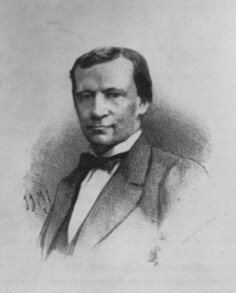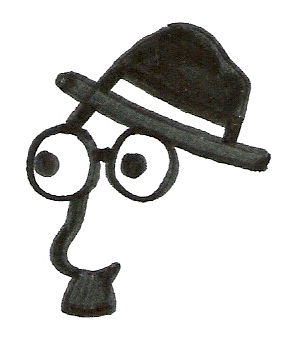
This quote reminds me that writing in the first place is something you just want to do – and as such it shouldn’t be aimed directly at an audience. Liberty is available if you dare to let go of your always weary “Lizard Brain”, as Seth Godin calls it – the part that is always weary about the consequences. The Dutch journalist and literature critic Busken Huet (1826 -1886) apparently did well in writing freely what he thought, but by publishing it he created many conflicts:
Zijn doel, als van ieder werkelijk schrijver – van de lyrische dichter tot de man van wetenschap toe – was zijn gedachten in een zo klaar, zo suggestief, zo adequaat mogelijke vorm uit te drukken waarbij het gelezen willen worden een secundaire vraag van zelfbesef en financiële noodzaak is.(…) Deze denkmoed, onafhankelijk, candide en wereldvreemd is de motor van alle veroveringen in het rijk van de geest en was ook de motor van Huets kritisch vermogen. Maar wie die gave bezit en wie er zo mee woekert als Huet gedaan heeft, moet afstand doen van het verlangen in ongestoorde vrede met zijn medemensen te leven.
bron: Jan Romein en Annie Romein-Verschoor, Erflaters van onze beschaving.
Em. Querido’s Uitgeverij, Amsterdam 1977 page 728
My humble translation attempt:
“His aim, as that of any real writer – from the lyrical poet to the man of science – was to express his thoughts as clearly, as suggestive, as precise as possible, whereas the wish to be read is a secondary question of self-awareness and financial necessity. (…) This courage of thinking, independent, candid and otherwordly is the engine of all conquests in the spiritual world and was also the engine of Huet’s critical capabilities. But he who posses this gift and who makes it profitable as Huet has done, has to abandon the desire to live in undisturbed peace with his fellow human beings.”



